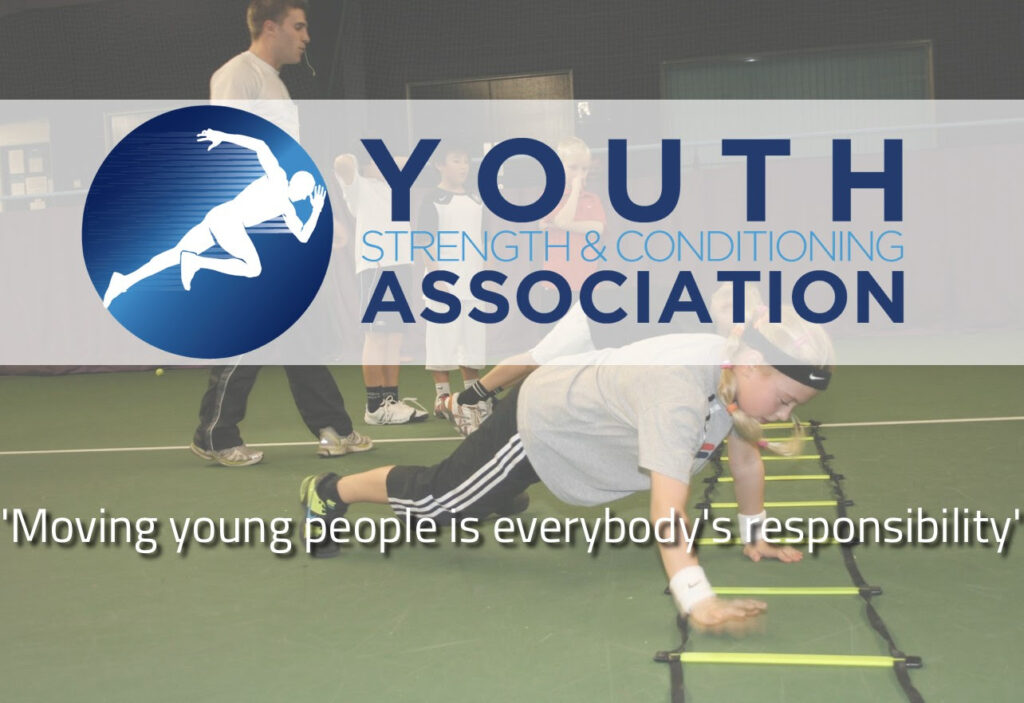“Children shouldn’t be lifting weights…it stunts their growth”…is a huge misconception that I’ve overheard more times than we care to remember. As a coach, I remember being very angrily challenged by a parent of an 11 year old boy whom I gave an exercise involving a 2kg dumbbell, only to find out that the boys rucksack carried to school (over 1 shoulder) weighed almost 9Kg’s.
Quite where this misconception originated is a true mystery, and is NOT supported by science, nor common sense. For example, landing forces when we run and jump often exceeds 5 times the persons bodyweight. A 30Kg child can easily jump on and off playground apparatus 50 – 100 times during an hour on a local park. This equates to 150Kg landing force for every jump (on average). This could mean a potential total landing load of 7,500Kg – 15,000Kg’s!
That’s up to 15 metric tonnes of forces…yet we must not allow them to lift 2Kg dumbbells…I’ll leave that thought right there!
However, as parents we do have a cause for concern. The statement from the Youth Strength and Conditioning Association is that “All resistance training with young people has to be vigilantly supervised and expertly, appropriately delivered. The content and delivery has to be appropriate to the young person’s stage, age mental capacity and physical level of competence”.
We couldn’t agree more. Furthermore, we have often seen Level 3 Personal Trainers with no relevant experience, qualifications nor insurance coaching strength to children as if they are mini adults – a concept which is completely flawed, and potentially very dangerous.

What’s the Answer?
Peer-reviewed research indicates that strength training may be beneficial to young athletes through:
• The prevention of injuries
• Improved body composition
• Improved sports performance due to increased strength, power and muscular endurance.
* Improved mental focus, clarity and feelings of self worth from achievement for children left out of conventional sports.
* Improved left/right brain activation (particularly in children with learning disabilities).
Furthermore, the additional strength and stability that is gained through appropriately prescribed strength training is of great benefit to children, especially during periods of growth.
Considering how much computer/tablet/game time the average child has each week in the U.K. right now, a carefully thought out and delivered strength and conditioning programme may be just what many of todays children require.
Youth Strength and Conditioning at M.A.S.K.
At M.A.S.K. we take children’s needs very seriously. We have not 1, but 2 Strength and Conditioning coaches (soon to be a 3rd) who have achieved all 3 qualifications as laid down by the Youth Strength and Conditioning Association, meaning we have 2 Youth Strength and Conditioning Specialists.
Our coaches are CRB checked, come with references from working with other children, they are trained in safeguarding, insured and first aid trained.
If your child/school or sports team could benefit from our services, please get in touch.
Speak soon,
Vanessa
P.S. My own son Jamahl (now 18) standing at just under 6’3 tall is testament to strength training not stunting growth. Jamahl has achieved 5 Junior World Kickboxing titles and began training with light weights at age 6!

